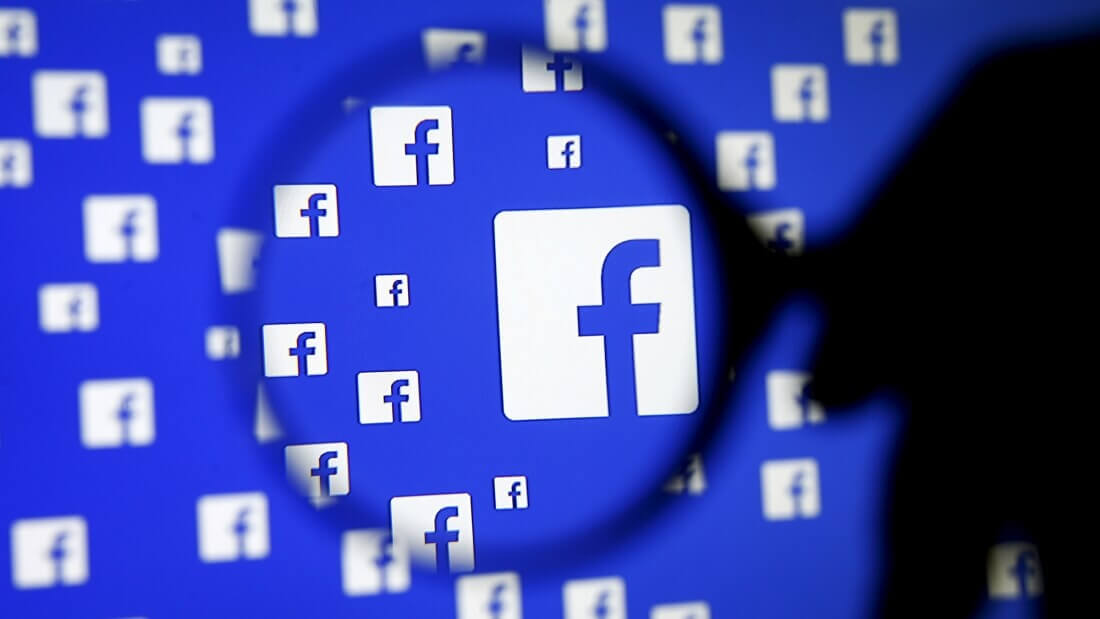Facebook regularly comes up with new methods for keeping certain material off the platform. Not only is it constantly battling the likes of fake news and terrorist propaganda, but the issue of revenge porn is also a big problem. Now, the site is tackling it in a new way: asking people to send in their nudes.
Revenge porn is the act of posting an intimate, nude, or sexual image of someone publicly without their consent. It's often done by people looking to humiliate their former partners, hence the name.
Back in April, Facebook brought in new tools that allowed users to flag "non-consensual pornography." Photo-matching algorithms would then prevent the images from being reposted.
The new system could ensure that the photos don't make it onto the site at all. The Australian Office of the eSafety Commissioner announced that Australia was one of four countries participating in the limited global pilot, along with the US, UK, and Canada.
In the Australian pilot, those worried about their compromising photos appearing on Facebook must first fill out an online form explaining their concerns. They will then be asked to send the image(s) in question to themselves via Messenger. The e-safety commissioner's office will notify Facebook of the submission, at which point the site's community operations team will assign it a digital fingerprint, or hash. Facebook's image recognition AI will be able to prevent the same image from being uploaded to the social network.
"We see many scenarios where maybe photos or videos were taken consensually at one point, but there was not any sort of consent to send the images or videos more broadly," e-Safety Commissioner Julie Inman Grant told ABC. "They're not storing the image. They're storing the link and using artificial intelligence and other photo-matching technologies. So if somebody tried to upload that same image, which would have the same digital footprint or hash value, it will be prevented from being uploaded."
The pilot works in a similar way to the system introduced in April, though it should be able to block the images before they appear on Facebook---not after the fact.
The pilot does require people to possess copies of the images, and despite Facebook's assurances of privacy, it's likely that not everyone will be comfortable with the process.
